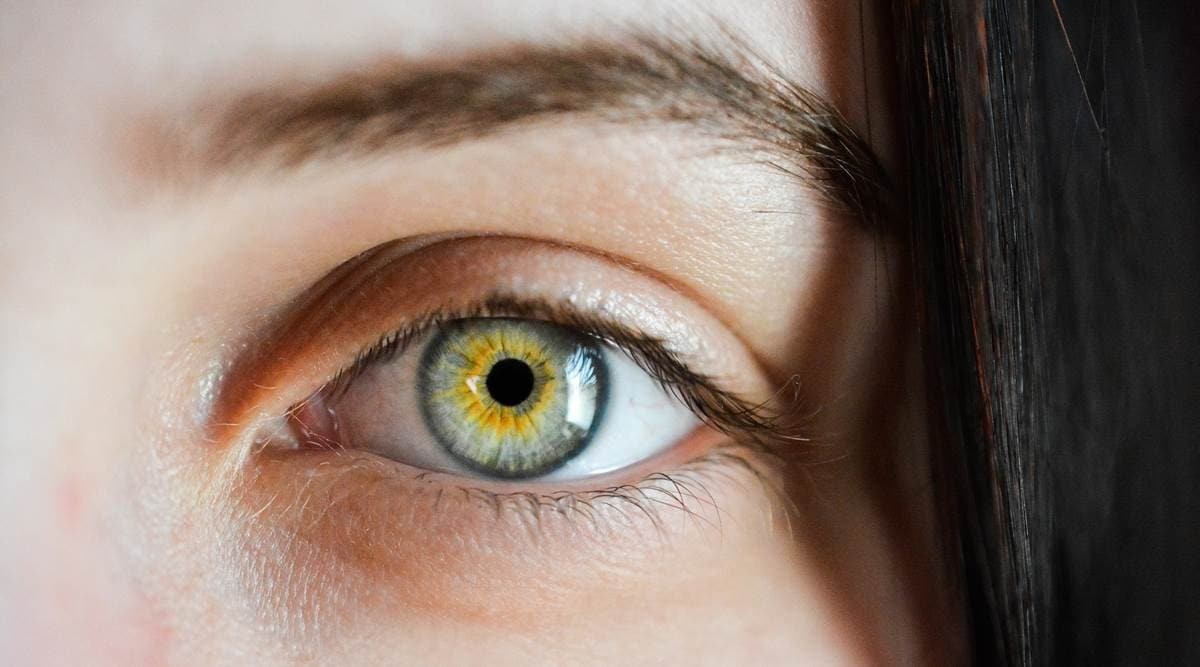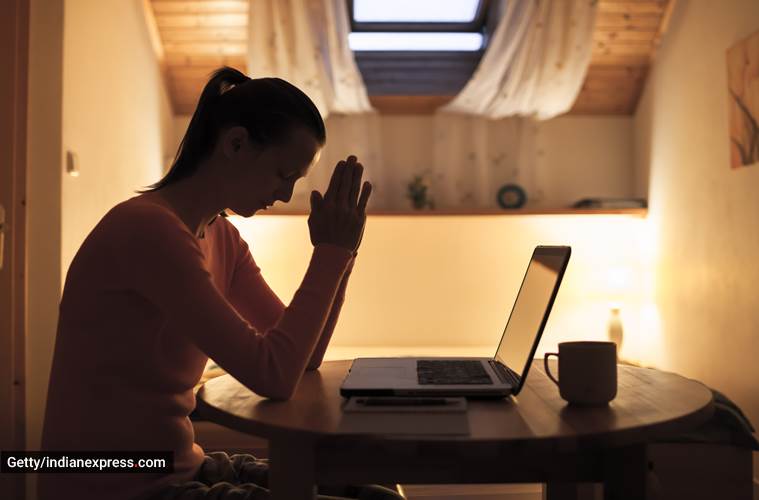COVID-19 should not be a reason for patients to postpone their checkups and eye surgeries as eye hospitals are taking all precautions to keep patients and caregivers safe, suggested the expert panel.

Catapulting the need for vision care and increased need for eye check-ups, the ninth edition of ASSOCHAM’s Illness to Wellness series highlighted the best practices for eye health during long hours of screen time amid work from home set-up.
Dr Saurabh Choudhry, CEO and HOD, ICARE Eye Hospital and PG Institute, explained how computer vision syndrome impacts those working before screens for long hours. He said, “Computer Vision Syndrome is a new type of disease that has started to take shape as more and more people started working in front of computers and felt symptoms like redness, irritation, difficulty in focusing and others. For professionals, we suggest that you take a break every 20 minutes for about 20 seconds and look at something 20 feet away. This will relax the muscles and then they can start working again. You can also opt for automated methods where the screen goes dark every 20 minutes and you are forced to take a little break. This will enhance blood circulation to the eyes, neck and back so everything is taken care of by following the 20-20-20 rule. Other factors like the lighting of the room, position of the body, quality of the computer screen also need to be taken care of.”
The webinar on Eye Health Care and Online Practices During COVID-19 saw leading ophthalmologists hold an active dialogue on eye care during COVID-19.
Dr GV Divakar, managing director, Divakars Speciality Hospital and Asian Research & Training Institute for Skill Transfer suggested that one should control the resolution of the screen, as well as use good quality eye drops. He said that it is advisable that teachers take classes for 30-35 minutes and then give a gap of 15 minutes before resuming online classes.
Besides work from home, other panelists also highlighted that while there is awareness regarding curable eye conditions such as cataract, refractive surgery, diabetes retinography and others, however, the country still has a long way to go.

“If we look at the penetration of mobile phones, it is over a billion which means almost everyone in the country owns a mobile phone. However, around 25-35 per cent of the population needs simple glasses for vision and only about 50 per cent of them actually wear. This is a disconnect created due to lack of awareness. It should be well-established that after a child is born, after it is one-year-old and for every year it is in school, it should undergo eye checkups and wear glasses if needed. If you need glasses for refractive error correction and do not wear it then it can affect your performance in school and college. Awareness needs to be increased as it is only in India that the largest cause of blindness is cataract, a completely reversible disease,” said Padma Shri Prof (Dr) Mahipal Singh Sachdev, chairman and medical director, Centre for Sight, and president, All India Ophthalmological Society.
Padma Shri Dr RV Ramani, founder and managing trustee of Sankara Eye Foundation said “awareness has picked up in comparison to what it was 20-30 years back especially in rural India”. “We had to go and convince them that they are in safe hands and that it is a safe procedure and also speak of diseases that are curable. Though urban people had awareness they were not aware of specific conditions like glaucoma and diabetes retinopathy. People need to know that these conditions when checked early and treated appropriately can be effectively resolved,” he said.
ALSO READ | Vision problems affect 2.2 billion people, warns WHO
He further cautioned that COVID-19 should not be a reason for patients to postpone their checkups and eye surgeries as eye hospitals are taking all precautions to keep patients and caregivers safe. He emphasised that patients should not delay check-ups for glass correction, routine glaucoma checkups, cataract, and others, in fear of entering hospitals as it can adversely affect their conditions.
For more lifestyle news, follow us: Twitter: lifestyle_ie | Facebook: IE Lifestyle | Instagram: ie_lifestyle
? The Indian Express is now on Telegram. Click here to join our channel (@indianexpress) and stay updated with the latest headlines
For all the latest Lifestyle News, download Indian Express App.
Source: Read Full Article
